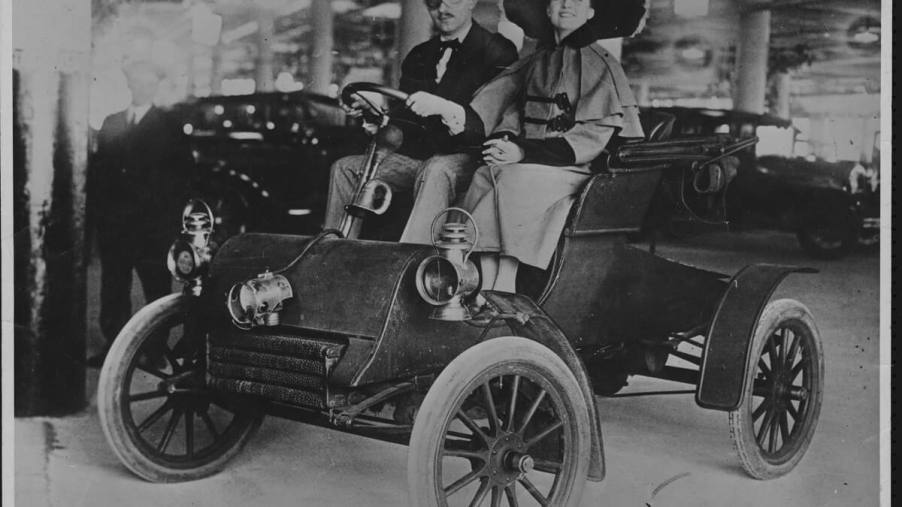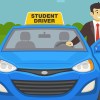
Can You Drive With One Eye?
For millions of Americans, driving a car isn’t a luxury; it’s a necessity. Still, some drivers develop sight issues like monocular vision within the course of their lives, which could spell driving disaster. So, can you drive with one eye? Or do commuters who lose an eye lose their licenses?
Can you drive if you are 100% visually impaired in one eye?

Visual impairment in one eye, or monocular vision, means that a person uses just one eye for sight. However, while relying on one eye could be a compromise, it doesn’t keep people from driving. In fact, you can legally drive in all 50 states with just one functional eye.
However, drivers with monocular vision still have to meet the Department of Motor Vehicles (DMV) regulations for eyesight. For instance, the California DMV reports that drivers must have 20/40 eyesight to qualify for a license in California without visiting a vision specialist. Still, in other states, standards are closer to 20/60 with or without corrective lenses. As a result, you can drive with one eye as long as your vision meets or exceeds the standards.
Does monocular vision affect driving?

While you can legally drive with monocular vision, the ailment could compromise driving safety. For instance, a driver with one eye could face a few problematic complications.
- Difficulty judging distances
- Compromised depth perception
- Less field of view
- Difficulty minding moving vehicles and objects
Depth perception is best exercised with two eyes working together. When a person relies on just a single eye to drive, judging distances and the positions of obstacles is more complicated. As a result, visually impaired drivers could have issues accurately judging the distance of other vehicles. Furthermore, parking in tight spaces is more difficult for drivers with monocular vision.
However, monocular vision isn’t enough to keep drivers from licensing. Moreover, Healthline says that, with training, visually impaired people can be effective drivers. For instance, people with monocular vision can train their one eye to perform the duties of both. Furthermore, side-to-side head movement can fill a driver’s field of view.
What kind of ailment will disqualify you from driving?
While having one functional eye won’t keep you from driving, a litany of other issues could keep you from a license.
- Sub-standard vision
- Some seizure or altered consciousness disorders
- Loss of mobility
Keep up with MotorBiscuit for the latest car safety content!



